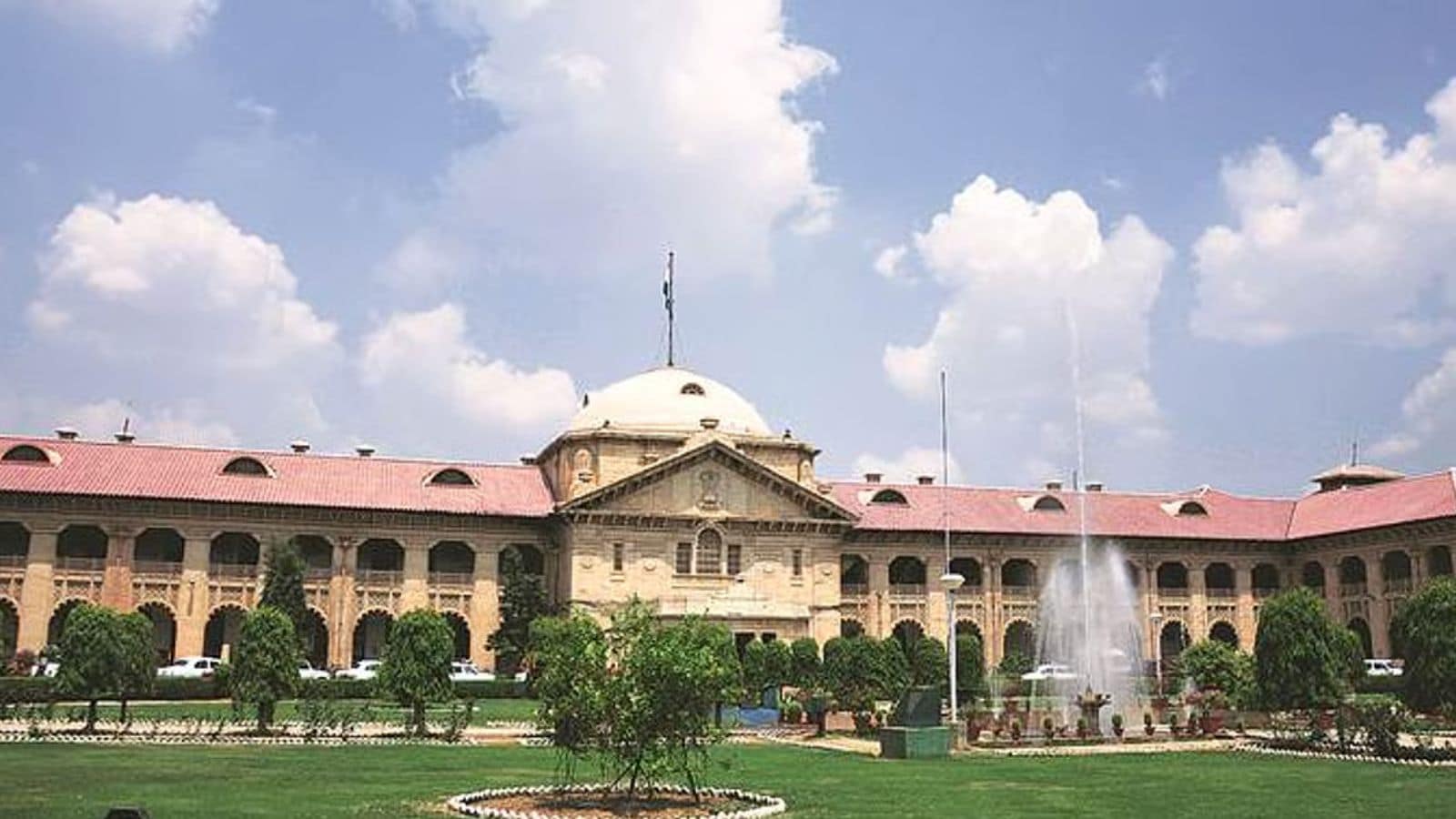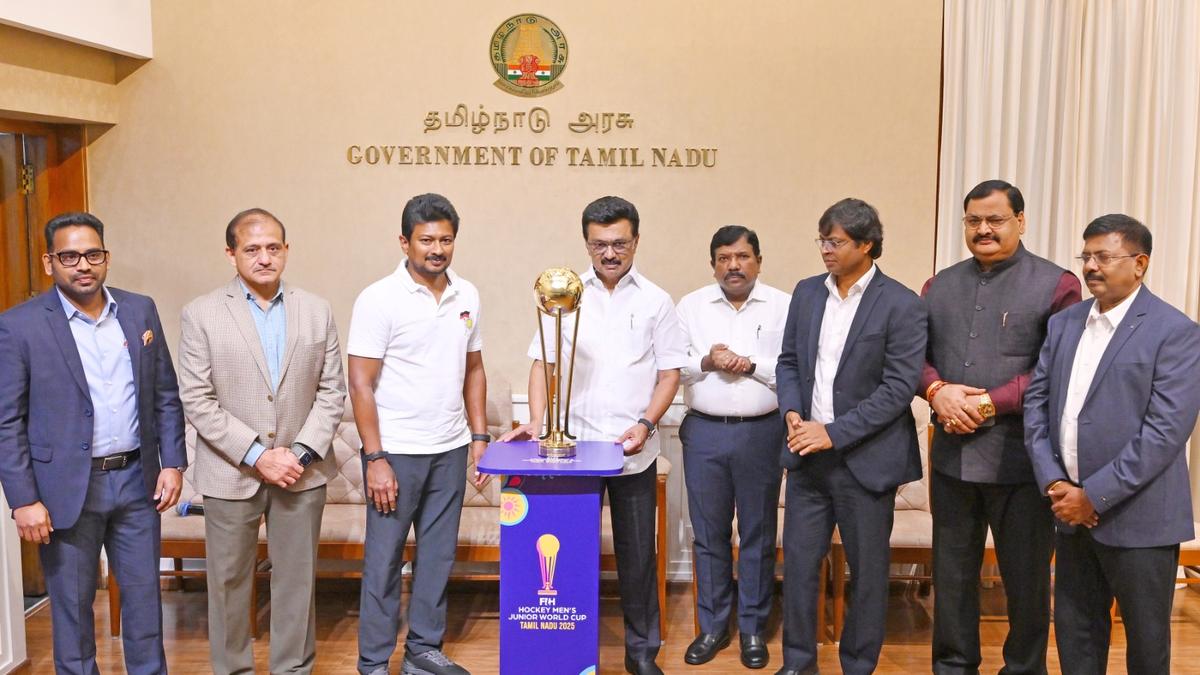After a gap, Kerala is set to explore the potential in seaweed farming with scientists saying that new technologies and practices could help the State overcome what were earlier considered technical hurdles.
On its part, the Fisheries department has announced plans to promote seaweed aquaculture and export-oriented industries. The department has placed a proposal on seaweed cultivation before the State Planning Board with the intention of including it in the State Budget, Fisheries Minister Saji Cherian said. Kerala’s prospects in this area had also been discussed at the Kerala-European Union Blue Economy Conclave held in September.
An upcoming symposium, ‘Seaweeds: Value chains, climate solutions and Blue Economy pathways (SEAWEEDS 2026), planned in Kochi in March 2026 by the Fisheries Department and the Kerala University of Fisheries and Ocean Studies (KUFOS) is designed to be a big step towards Kerala’s hopes for developing a booming seaweed sector.
A marine resource rich in nutrients and bioactive compounds, seaweeds find use in a wide range of areas including food, medicine, cosmetic industry and fertilisers. The Central government has allocated a budget of ₹640 crore for seaweed cultivation in the country from 2020 to 2025, citing its potential as livelihood option for coastal communities and a solution to nutritional deficiency.
Panel’s findings in 2020
In 2020, the Kerala Fisheries department had constituted a panel headed by the Director of Fisheries to study the feasibility of seaweed farming along the coast. But the project did not find much enthusiasm as the relatively rough seas off the Kerala coast and the height of the waves were deemed unfriendly to the venture.
Conventionally, floating bamboo rafts have been used for seaweed farming. Difficulties were perceived with this method as the coastal waters are rough and the rafts may not withstand them. But now, newer technologies using PVC pipe rafts or floating cages are being adopted in places like Indonesia and South Korea which can overcome such challenges, according to A. Biju Kumar, Vice-Chancellor, KUFOS.
Apart from the species Kappaphycus alvarezii, which is farmed in neighbouring Tamil Nadu and commands huge demand in the market, Kerala can also explore the potential of local varieties such as ’Ulva’, Dr. Biju Kumar said. In the past, indigenous seaweed species were largely ignored due to a lack of awareness about their economic potential and the limitations of technology, he said.
Seaweed cultivation can also contribute to carbon sequestration, coastal protection and diversification of livelihoods, according to scientists.

 3 days ago
10
3 days ago
10








 English (US) ·
English (US) ·